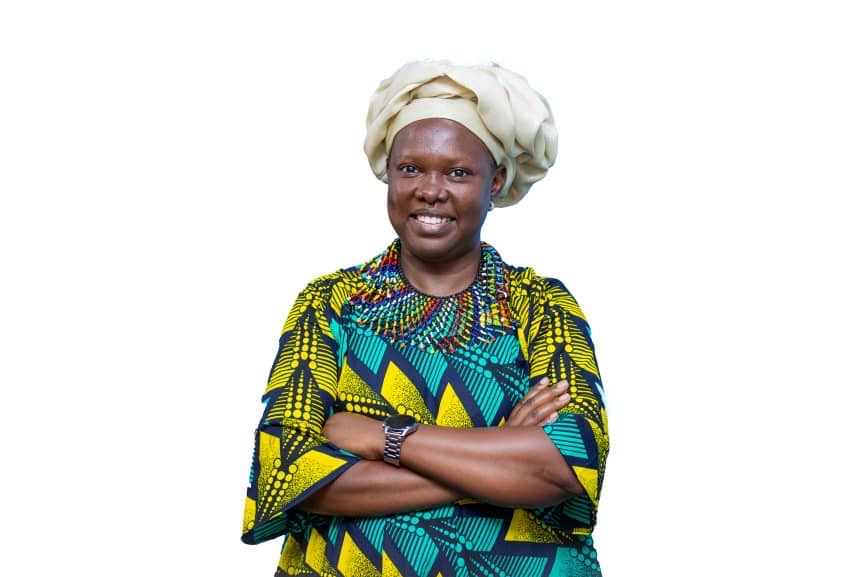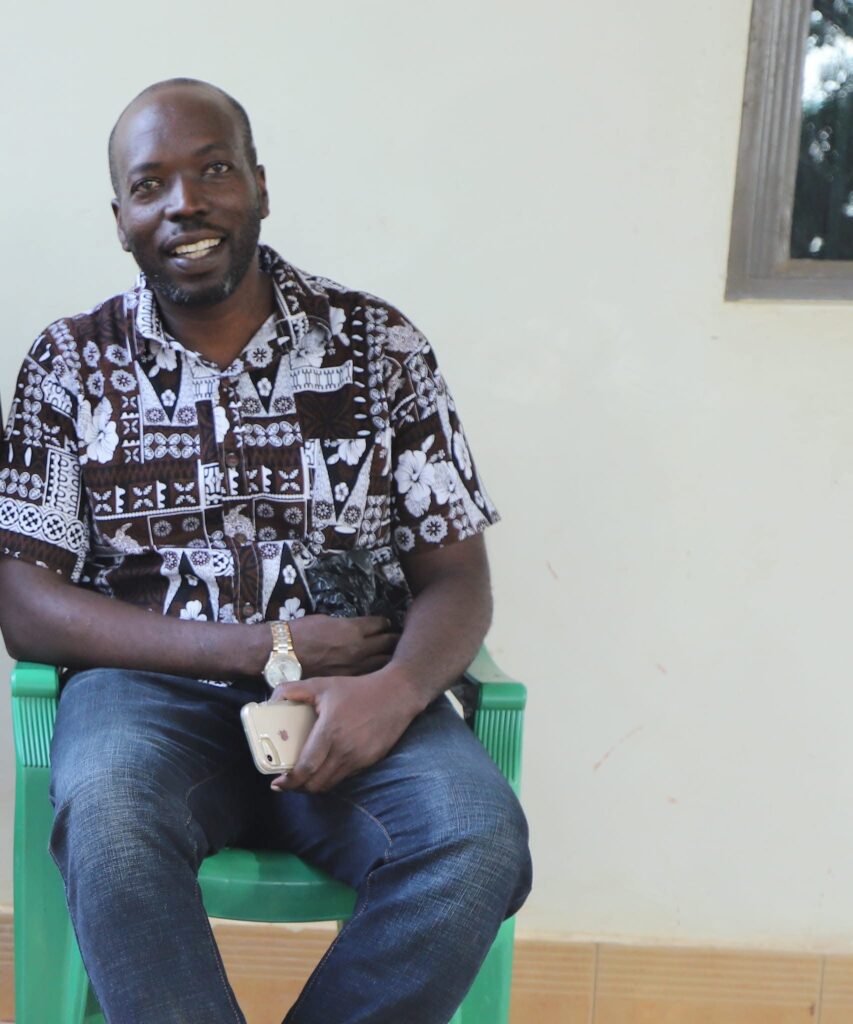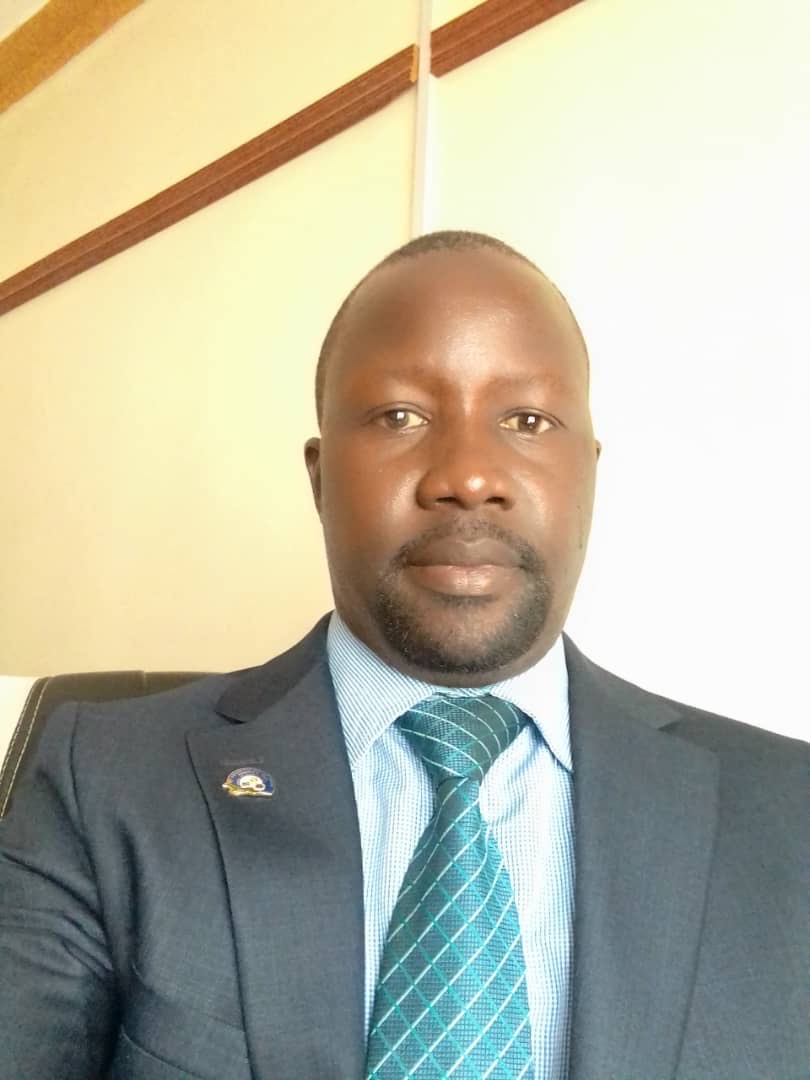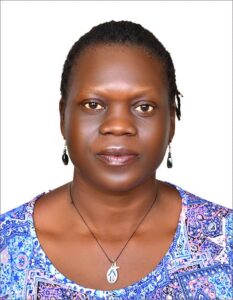Community Empowerment for Peace and Development West Nile (CEPAD-WN) Organizational Structure
The organization has four main organs: the Advisory Council, the Board of Directors, the Founding Members, and the Management Committee. Below is a detailed description of each organ and its respective roles and functions. Space is provided to include the names of individuals occupying key positions for updating the website.
The Advisory Council
The Advisory Council serves as the highest decision-making body within CEPAD-WN. Composed of Pax Sakari as Chairperson and Irene Peace Dawa as Secretary, and up to five additional members (including co-opted founding members), the Advisory Council is responsible for the strategic oversight of the organization. Its functions include presiding over the election of the Board of Directors, providing overall guidance, and ensuring adherence to the organization’s mission. Additionally, the Advisory Council acts as Trustees of the organization, managing assets on its behalf, and holds the authority to dissolve or reform the organization in consultation with the Board of Directors.
Board of Directors (BoD)
The Board of Directors (BoD), consisting of nine members, provides strategic leadership and direction to CEPAD-WN. The Board is elected by the founding members and approved by the Advisory Council. Its responsibilities include overseeing key operational areas such as the recruitment of senior management staff, including the Executive Director (ED), leading budget negotiations, approving policies, and ensuring proper governance. Juliet Eyokia Dona The Chairperson and Dominic Munduga Vice chairperson of the Board provides technical support to the Executive Director, while the Secretary ensures smooth operations of the Board’s meetings and record-keeping. The Board of Directors plays a critical role in shaping the organization’s long-term strategies.
The founding members
The Founding Members are the custodians of the organization’s vision, mission, and strategic direction. They support both the Advisory Council and the Board of Directors by ensuring that the organization stays aligned with its original goals. They also engage in networking and partnership-building, contributing to the growth and sustainability of CEPAD-WN. As key stakeholders, their involvement guarantees that the organization’s objectives remain focused on empowering communities for peace and development.
Management Committee
The Management Committee, led by the Onzia Teopista Executive Director (ED), is responsible for the day-to-day operations of the organization. The ED reports to the Board of Directors and oversees the implementation of CEPAD-WN’s programs, resource management, and compliance with policies. The Head of Programmes (HoP) works closely with the ED to manage and implement all programmatic activities, ensuring alignment with the organization’s mission. The Head of Operations (HoO) focuses on ensuring the effective execution of all operational and logistical functions, including procurement, finance, and internal audits. Together, the Management Committee ensures that CEPAD-WN operates efficiently and that its programs and services are delivered effectively to the community.
This organizational structure allows for clear lines of communication and accountability, ensuring that CEPAD-WN’s governance and management processes are robust and aligned with its mission to foster community empowerment for peace and development. Each organ plays a unique role in maintaining the organization’s integrity, growth, and long-term sustainability.
Beneficiaries
The core focus of CEPAD-WN’s work is its beneficiaries, who are central to the organization’s mission. These beneficiaries include local communities, women, youth, and civil society organizations, all of whom benefit directly from CEPAD-WN’s initiatives aimed at peacebuilding, conflict resolution, economic empowerment, and development. The beneficiaries also play a critical role in shaping the organization’s strategy by providing feedback on the relevance and impact of CEPAD-WN’s interventions.CEPAD-WN’s structure ensures that its beneficiaries are not just passive recipients but active contributors to the organization’s growth and success.
MEET OUR ADVISORY COUNCIL




THE BOARD OF DIRECTORS






FOUNDER MEMBERS


THE EXECUTIVE DIRECTOR

